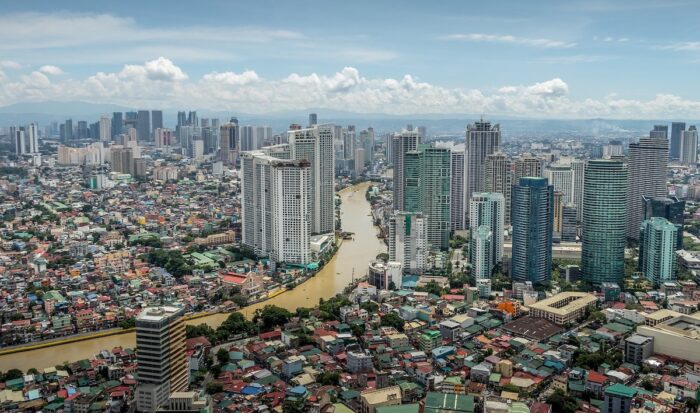Why Sustainable Urbanization in the Philippines Matters
According to a 2022 report by the Philippine Statistics Authority (PSA), 58 million of the country’s 109 million-strong population live in urban areas. Cities in the Philippines are swelling to accommodate more people, and this comes with an intensifying demand for resources, infrastructure, and services. Sustainable urbanization, which is the concept of developing urban areas to meet the needs of the present generation without compromising the future generation’s ability to meet their own needs, offers a solution to these issues. By fostering resilient, green, and inclusive cities and adopting a more sustainable approach to infrastructure development in the Philippines, the country can mitigate the challenges posed by urbanization. Here are some key projects that can help secure a better future for all Filipinos—including city dwellers—while safeguarding the country’s natural heritage.
Bulk Water Supply and Water Treatment Facilities
The availability of clean and reliable water resources is essential to sustaining human activity and a cornerstone of urban living. Bulk water supply developments are essential for meeting the increasing demand for potable water in urban areas. The same can be said of water treatment facilities, which play a crucial role in mitigating the risk of waterborne diseases. Water treatment facilities help ensure the long-term availability of water supply in the communities that they serve. With growing urban populations placing stress on water resources, these initiatives are critical for ensuring that communities in the Philippines can be healthy and can thrive for years to come.
Affordable Housing Developments
Ensuring access to affordable housing is an essential tool for promoting urban growth, but it is also a fundamental aspect of sustainable urbanization. Affordable housing promotes social inclusivity by providing all residents, regardless of income, with a stable and secure place to live within urban areas. Such residential projects contribute to mitigating homelessness, reducing informal settlements, and fostering community stability. Moreover, housing developments that adhere to green construction and design practices help reduce resource consumption and lower environmental impact in cities. In many ways, the presence of accessible housing options can enhance overall urban resilience, reduce…
Click Here to Read the Full Original Article at Out of Town Blog…
